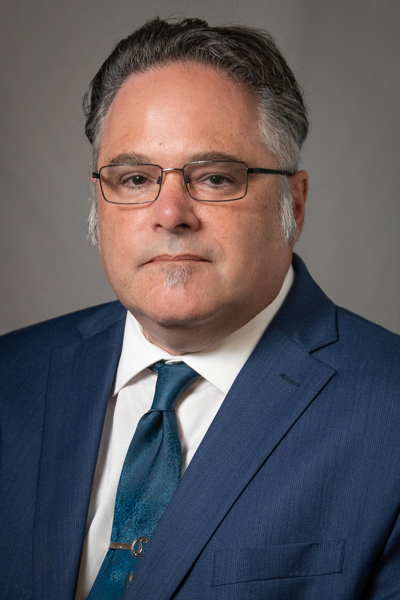Funding Summary
Children with PWS also have a higher-than average incidence of autism, especially those with PWS due to uniparental disomy (UPD). Dr. Reiter’s group has shown that cells from individuals with PWS-UPD plus autism also have changes in their mitochondria. Here, they will use new tools to assess mitochondrial location, activity and density over time in neurons from individuals with PWS and typical controls. Using currently available drugs, they will test the whether the mitochondrial defects in cultured neurons can be reversed.
Dr. Theresa Strong, Director of Research Programs, shares details on this project in this short video clip.
Lay Abstract
Many children with PWS also suffer from a higher-than average incidence of autism, especially the uniparental disomy group (UPD). Our laboratory recently found that children with PWS-UPD plus autism also have a significant defect in mitochondrial gene expression and a visible mitochondrial defect in dental pulp stem cell derived nerve cells (Victor et al. Molecular Changes in Prader-Willi Syndrome Neurons Reveals Clues About Increased Autism Susceptibility. Front Mol Neurosci. 2021 v.14 p.747855. PMCID: PMC8586424). The connection between mitochondria, which supply energy to nerve cells, and autism has been known for some time, but the connection between PWS and mitochondrial defects has only recently been discovered by our lab. Here we plan to investigate mitochondrial defects in PWS nerve cells using new tools developed by our collaborator that will allow us to assay mitochondrial location, activity and density over time in live nerve cells from multiple PWS-UPD subjects and controls. Using currently available drugs we will test the hypothesis that we can reverse at least some of the mitochondrial defects in cultured nerve cells. The short-term goal of these studies would be to use our pre-clinical results to justify a small off-label trial for mitochondria specific drugs already on the market in PWS-UPD patients with and without autism. Our long-term goal is to establish an assay for screening drugs that rescue mitochondrial defects and eventually use these drugs to treat not only children with PWS-UPD but also other types of autism that are genetic in origin.
Funded Year:
2025
Awarded to:
Larry Reiter, Ph.D.
Amount:
$162,000
Institution:
Tulane University
Researcher:

Larry Reiter, PhD




